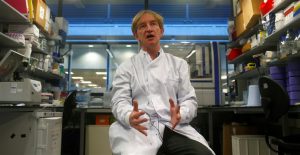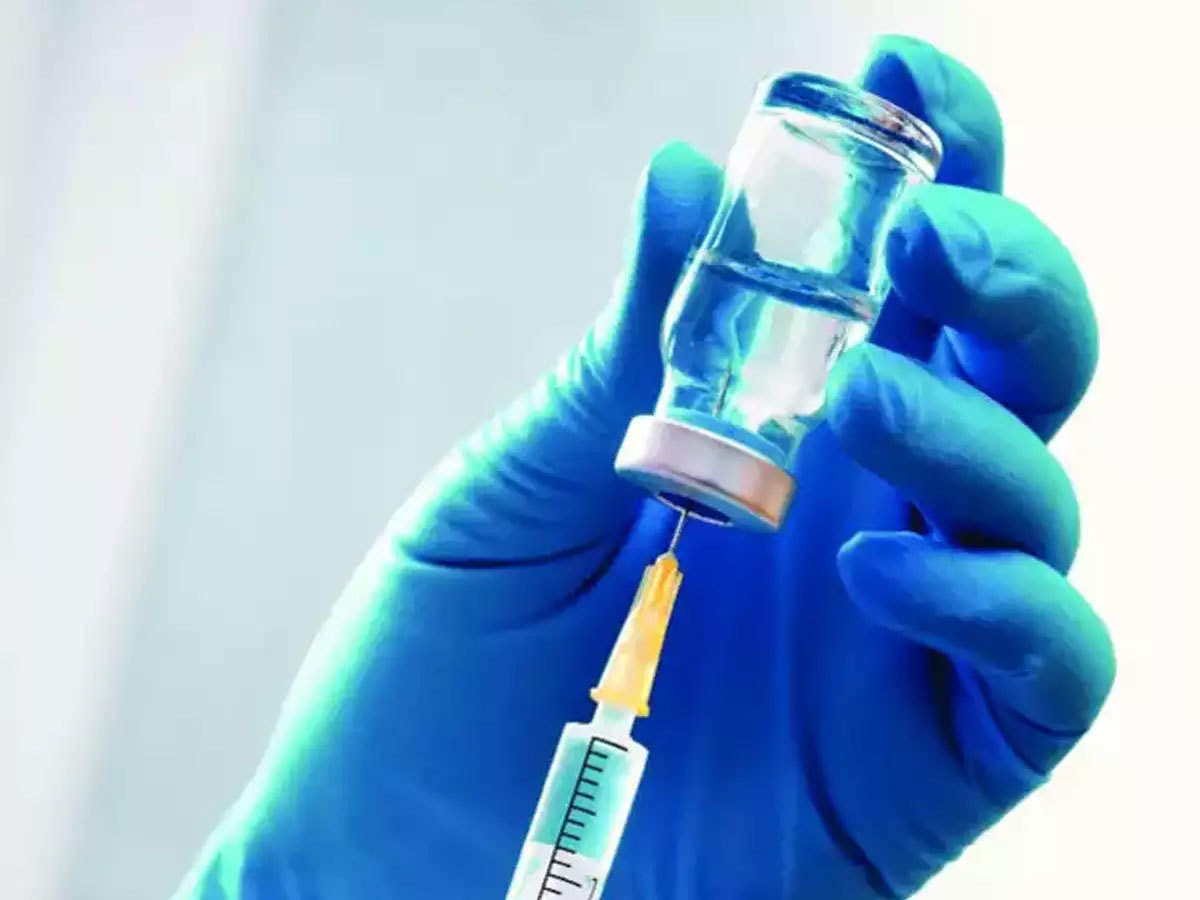Contrary to earlier reports of a setback for the efforts to develop a coronavirus vaccine by scientists at Oxford University in the UK, there are indications the effort is now moving to another stage of human trial. A May 18th, 2020 report in a British newspaper (https://www.dailymail.co.uk/sciencetech/article-8331709/Oxford-coronavirus-vaccine-does-not-stop-infection-experts-warn.html) indicating the set back with all ALL 6 participant monkeys in the trial contracting the virus is now being replaced by media reports to the contrary.

Oxford’s Professor Adrian Hill speaking to journalists on the latest development at the Jenner Institute
In fact, the CNBC calls current stage a case of hitting a milestone, crediting researchers with announcing it will be progressing to advanced stages of human trials.
Researchers working on the vaccine, said The Times of India are moving to the next phase involving 10, 000 human beings as participants.
The same number made up of healthy adults aged 55 and less are said to have been involved in the first trial. Now, 70 years and 5 – 12 year old will be participating in the current round, all aimed at establishing the effect on their immune system.
Quoting the university, the CNBC said it will be tested in 10,260 volunteers across the United Kingdom to determine how effective it is at preventing infection. If successful, said the medium, the vaccine could be on the market as early as September, according to British-Swedish drugmaker AstraZeneca which partnered with the university in April to manufacture and distribute the vaccine.
The Covid-19 vaccine trial team have been working hard on assessing the safety and immunogenicity of ChAdOx1 nCoV-19, The Times of India quotes Sarah Gilbert, the professor of Vaccinology at the university’s Jenner Institute superintending the efforts.
 ChAdOx1 nCoV-19 is made from a virus (ChAdOx1), which is a weakened version of a common cold virus causes infections in chimpanzee but has been genetically changes as to be unable to do so when injected as a vaccine.
ChAdOx1 nCoV-19 is made from a virus (ChAdOx1), which is a weakened version of a common cold virus causes infections in chimpanzee but has been genetically changes as to be unable to do so when injected as a vaccine.
“We’re thrilled,” Adrian Hill, one of the researchers leading the project equally told NBC News.
On its chances of working, Hill said, “We still think they’re fairly high but not guaranteed. But we’re doing our best to show that it works over the next few months.” He added that although the prospect of a vaccine provides hope for bringing an end to the pandemic, people should, in the meantime, continue to heed social distancing measures.
The Washington Post reported last week that Moderna had indicated its vaccine triggered blood levels of virus-fighting antibodies that were similar to or greater than those found in patients who recovered.Although it doesn’t prove that the vaccine would trigger immunity, it’s a promising suggestion that the company is headed in the right direction, said the paper.
It is a sure banker that a vaccine would be found but how quickly is the problem. And even when that happens, would the great power tussle around the pandemic give humanity a breathing space?




























